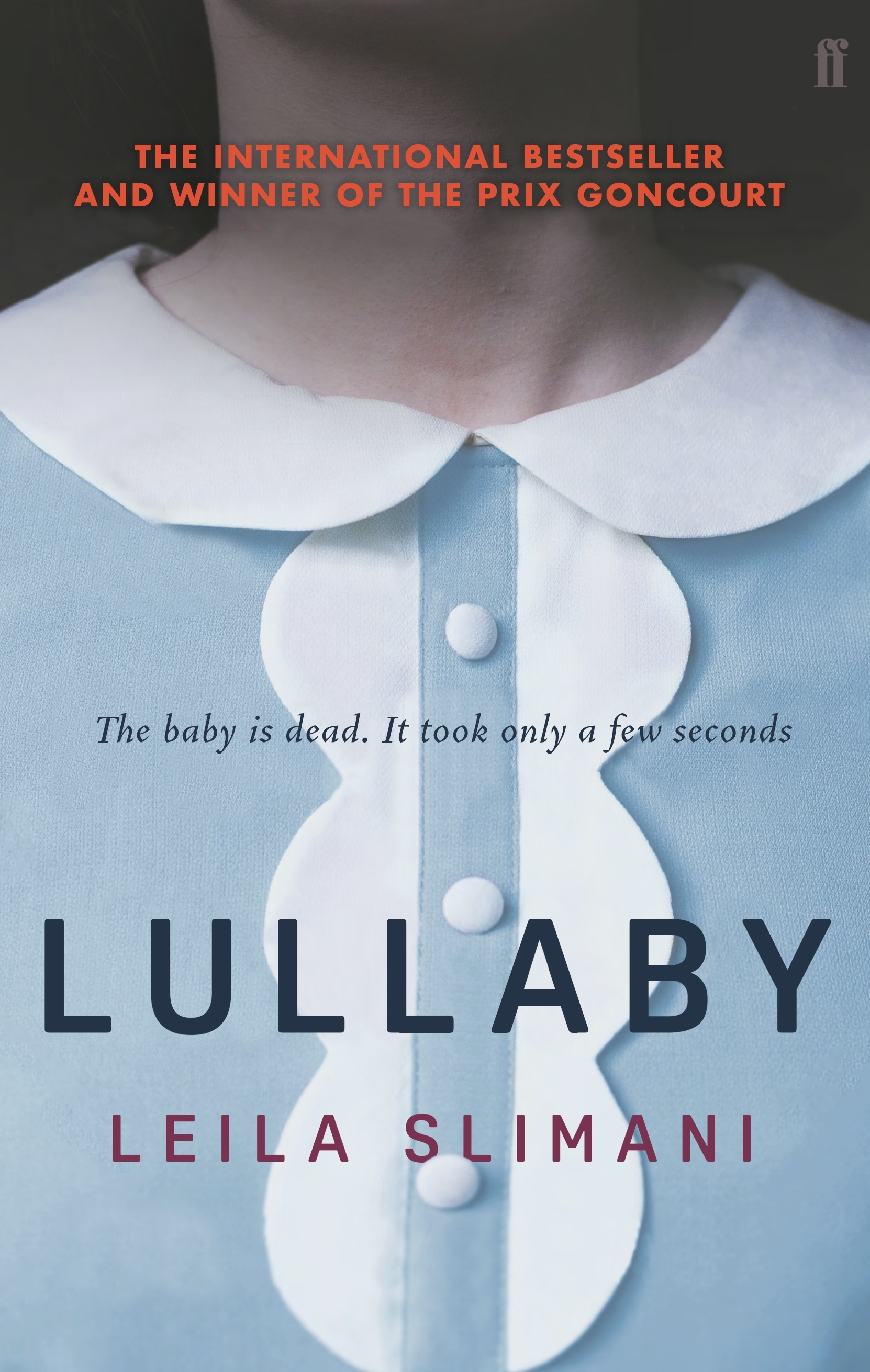This book about a killer nanny is tipped as 2018's Gone Girl
'The baby is dead. It only took a few seconds'


'The baby is dead. It only took a few seconds'
You'd be hard-pressed to find a darker subject matter for a novel than that of Lullaby by Leila Slimani. Following the story of a murderous nanny, the novel has already kicked up a storm of controversy and debate in France under its original name Chanson Douce, selling over 100,000 copies in its first week alone.
Now a fierce bidding war for the rights has brought the translation of the book out in the UK and 19 other countries around the world.
So what's all the fuss about? The book sets out to shock from the very first sentence, opening with a scene that taps into every parent's worst nightmare, when a mother comes home from work to find her two young children have been murdered by their nanny.
After this gruesome first chapter, Lullaby by Leila Slimani jumps back to the year before, when middle class Parisian couple Myriam (a lawyer) and husband Paul (a music producer) employ Louise to look after their two young children. The experienced 40-year-old nanny comes with impeccable credentials and glowing references, the children instantly take to her and after a week Paul and Myriam are boasting to their friends that they've found the 'perfect' childminder.
But of course things are not what they seem, though we'll leave you to find out exactly why.
The book is tightly written, but besides the nightmarish premise, in its 200 pages Slimani also cleverly drills down into the parent-nanny dynamic, one so often loaded with judgement and guilt, particularly for women.
Marie Claire Newsletter
Celebrity news, beauty, fashion advice, and fascinating features, delivered straight to your inbox!
Before Louise's arrival we see the book's heroine Myriam oscillate between intense love for her children and frustration at the loss of identity motherhood often entails, a feeling many readers with children (Slimani herself has a five-year-old son) will identify with. 'Maybe we can only really be happy' Myriam thinks, 'when we don’t need one another. When we have a life that belongs to us.'

There are also points later in the book when the couple seem to take advantage of Louise's seemingly boundless work ethic, like taking her on holiday to Greece with them ostensibly as a 'treat', only to leave her minding the children all day.
'The subject came from the fact that I myself had nannies growing up in Morocco,' said French-Moroccan Slimani at a press conference after winning the prestigious Prix Goncord award for the novel (the French equivalent of the Booker) 'at 7 or 8, I was already very sensitive to the very strange position they had in the house; they were both women we loved as mothers, and strangers. I was always touched by their difficult position, sometimes by the humiliations they might go through.'

The devastating opening scene of the book is strikingly similar to the case of Manhattan nanny Yoselyn Ortega, who murdered two children under her watch - Lucia and Leo Krim - before attempting suicide by stabbing herself in the neck, though Slimani told The Telegraph the plot of Lullaby is entirely fictional.
She also said she was prepared for a potential backlash. 'In terms of any controversy, I’m getting stuck into two huge taboos: child murder and the place of the mother today, so I expected a reaction,' says Slimani. 'Because the mother I write about is a woman who doesn’t want to be stuck at home, wants to work and sees the nanny as someone who can free her from her role as a mother. And that is something so many women feel but won’t admit. Because there’s still this idea that women are ‘abandoning’ their children when they go off to work. And yet nobody thinks that of men.'
-
 The viral 75 Medium challenge claims to be a friendlier alternative to the 75 Hard. So what do experts reckon?
The viral 75 Medium challenge claims to be a friendlier alternative to the 75 Hard. So what do experts reckon?Restrictive or effective?
By Katie Sims
-
 This is, without question, the best brow lamination-style gel I've ever used—and it rakes in compliments
This is, without question, the best brow lamination-style gel I've ever used—and it rakes in complimentsIf you like a lasting brushed-up brow look, you need this
By Lucy Abbersteen
-
 This new floral perfume collection is crying out for sunny weather—I can’t believe they’re all this good and under £45
This new floral perfume collection is crying out for sunny weather—I can’t believe they’re all this good and under £45Luxury notes on a budget
By Matilda Stanley